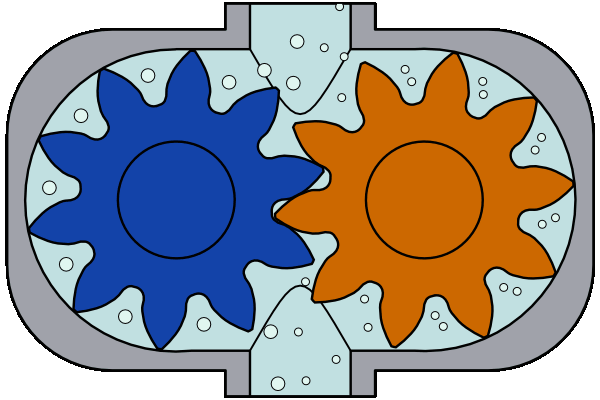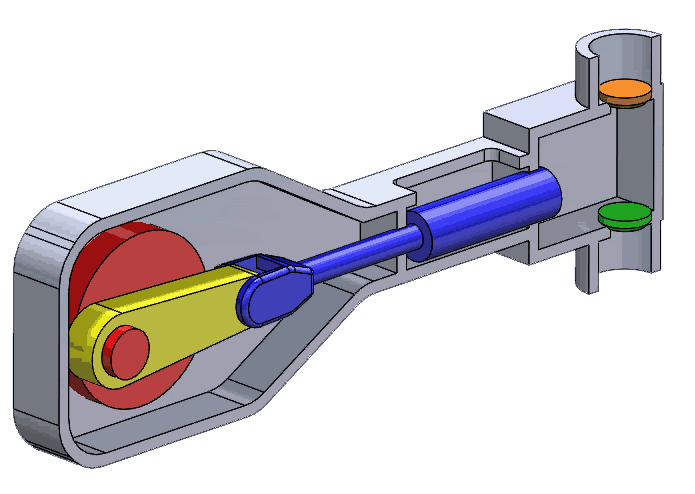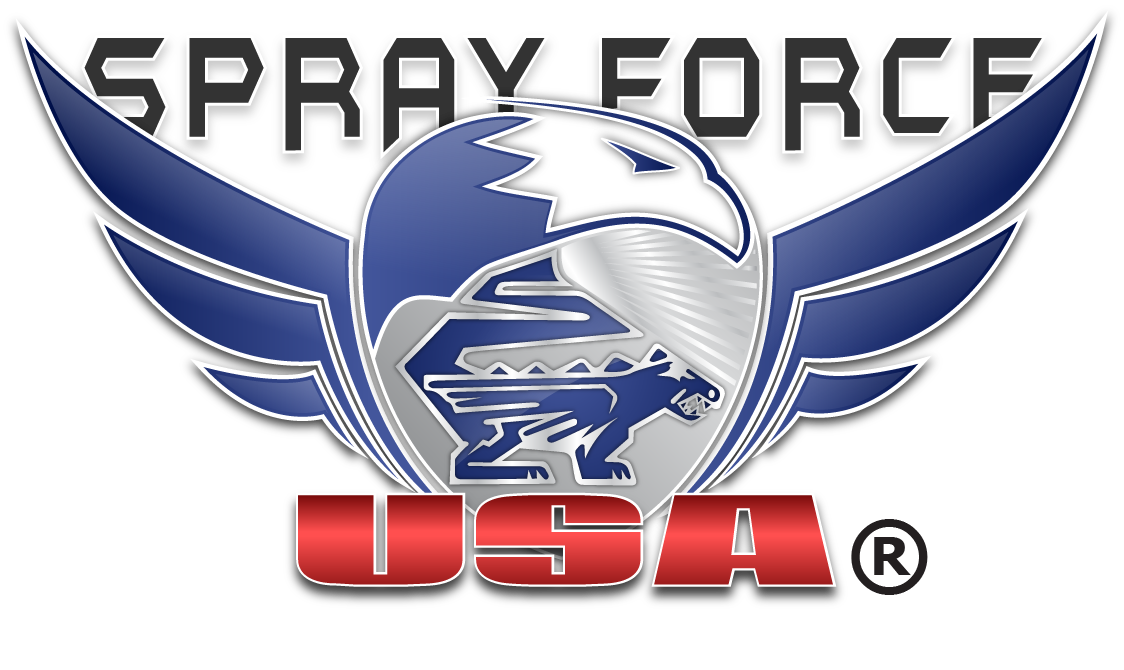Choose the best Plaster Pump

The Plaster Pump
If you are a plaster professional and are contracting to produce large plaster jobs – then chances are you are familiar with plaster pumps. If you are a plastering professional that is specialized in smaller jobs – you may not have a need for a plaster pump. How do you know when it makes sense to purchase a plaster pump? How do you know which sprayer or mixer is best for you? This article is here to help you make the right decision on your plaster pump purchase.
There are hundreds of manufactured machines to choose from and the most important items to consider are the size of your jobs, pump type, mud type, machine durability, equipment safety, and how easy it is to service.
Considering the size of your jobs. This is the fastest way to filter out plaster pumps and plaster mixers that do not meet you needs. If you are only doing small occasional drywall or stucco repairs then you can get away with a small and relatively inexpensive machine. If you are running a crew of twenty employees and your jobs are the size of multi unit apartment complexes – you will need a much larger and higher performance mixer and plaster pump. Look for the tank size and gallons per minute output. The higher performance plaster pumps and mixers are going to be larger tanks and higher gallons per minute output.
The next subject, and often the most overlooked, is the pump type. The most common types of plaster pump are:
The most common types of plaster pump are…
Pneumatic Sprayer –
It is not really a plaster pump or mixer. It is a hopper attached to a compressed air line. The hopper is filled by the person spraying the plaster, gravity settles the mud at the bottom of the hopper, and the air sprays the mud onto the wall or surface to be plastered. This is typically the lowest cost and lowest output option.

Gear Pump –
Gear pumps are typically compact and are quite powerful. There are many variations of gear pumps but they work by rotating, creating a void/suction on the intake side and carrying materials to the discharge side where the void is relieved. Great for continuous flow but these pumps can be dangerous because it is difficult to manage the pressure they can generate.

Peristaltic Pump –
These used to be common in the plaster industry but have been replaced by more durable and low maintenance options. Peristaltic pumps by filling a flexible or collapsible tube/hose with fluid then mechanically pushing the fluid through the tube/hose. Similar to pushing toothpaste through a tube.

Piston Pump –
The most popular pump style for plaster pumps is the piston pump. These work by pushing material through a tube with the piston. As the piston returns to it beginning position the suction draws fluid into the chamber and then is pushed through the tube. Piston pumps are reliable, simple and powerful.

Rotor Stator Pump –
Rotor stator plaster pumps are efficient, powerful, and can be much more safe than the other types of pumps. A rotor stator plaster pump works by creating a void/suction at the intake and moving product through a tube by turning. Because of the shape of the rotor this type of pump is the most effective at constant flow. This makes it easy to maintain safe pressure and an even spray.

Centrifugal Pump –
These pumps can be incredibly powerful and can be unstable. They were widely used in the plaster industry because of the smooth flow of plaster but the power that they produce is difficult to manage and often cause fast wear and tear. Centrifugal pumps can create a lot of pressure very quickly and have been involved in numerous accidents that cause injuries and even death.

For every plaster pump we manufacture at Spray Force – we use rotor stator pumps. They have less wear and tear, need less maintenance, more production and are much more safe. Who in their right mind would buy a dangerous piece of equipment?
For a plaster pump buying guide – download our How Do You Choose PDF Here
Still not sure about what plaster pump or mixer to buy? We are here to help.
Click to submit a quote request or chat with a specialist right now.
Get In Touch
(800) 824-8490
Location
456 Old Hwy 91
Hurricane, UT 84737
Open Hours
Mon:8am – 4:30pm
Tue: 8am – 4:30pm
Wed: 8am – 4:30pm
Thur: 8am – 4:30pm
Fri: 8am – 4:30pm
Sat: Closed
Sun: Closed
